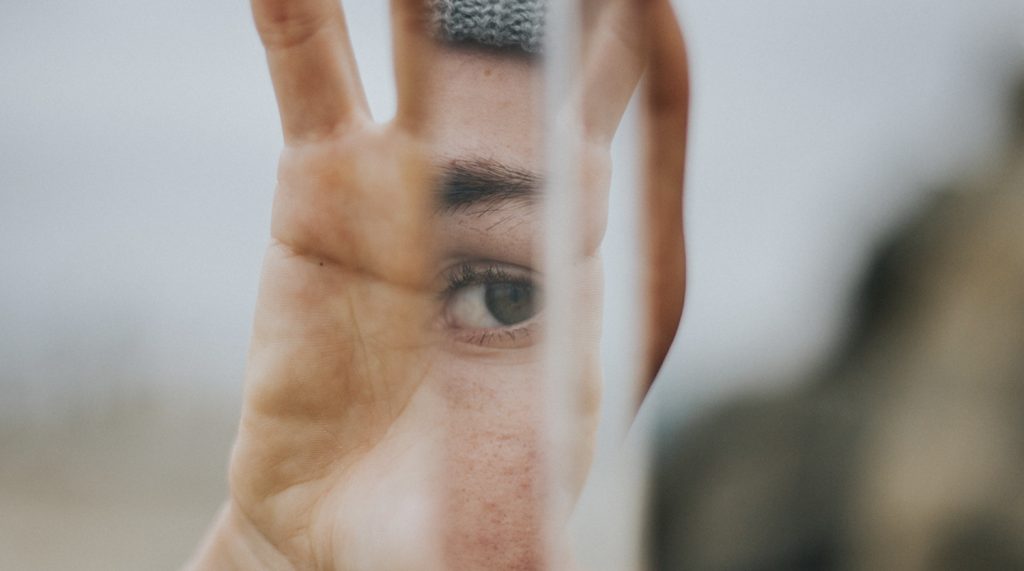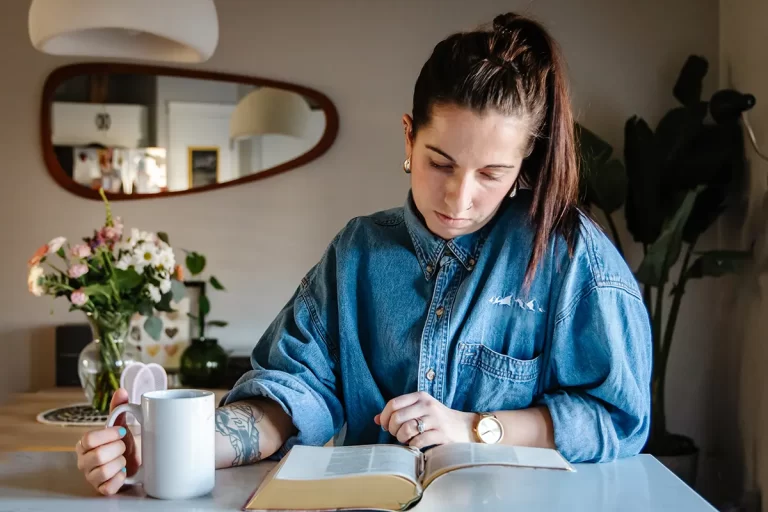
Are you familiar with L. Frank Baum’s story, The Wonderful Wizard of Oz? It’s a children’s story about a girl named Dorothy who, while living quite happily in Kansas, is picked up by a tornado and dropped into the magical land of Oz. Dorothy longs to return home, and is told that if she follows the yellow brick road to the Emerald City, she’ll find the Wonderful Wizard who can help her. The long and short of the story is that after all her searching she finds the Emerald City but discovers it’s only a carefully curated illusion maintained by glasses people must wear upon entering. She meets the Wonderful Wizard but discovers he’s nothing more than a deliberately crafted fraud; an old man from Omaha who stumbled upon Oz by accident and rules from behind a screen and through smoke and mirrors. At the story’s end, the characters discover that the help they needed never lay with the Wizard, and was never beyond them. The help they needed to transform themselves and their circumstances had been inside of them all along.
The story was written at the start of the last century, and I can’t help but wonder what its author would think if he were to come back a century later and see his children’s story being lived out. It would seem that we’ve become busy travelling the yellow brick information highway towards the city of illusion ruled by a wizard of fraud. We carefully create illusions that we want to be true – sometimes we even feel like we need to be true. To tell the story that we want to be our story, we sit behind screens pulling levers and pushing buttons hoping to impress those on the other side of the screen, all the while fearful that some wayward Toto will knock the screen over and reveal the fraud it conceals.
What Illusions Do We Build?
Recently news broke that a well-known couple who made their healthy living as social media influencers were divorcing. Many of their followers were upset and felt betrayed – not because of the divorce, per se, but because they felt duped. This couple had carefully curated an image built on the foundation of being real. They were authentic and would give it to you straight. Marriage advice segments regularly populated their feed, and for a steep price one could attend seminars where they’d dish the goods on how to have a better marriage. Then, with no apparent warning, the screen was knocked over and what people saw on the other side of it wasn’t as wonderful as they’d been led to believe.
Now, here’s where it’d be super easy to gawk at what we see when the screen tumbles. To point fingers and armchair analyze everything that had been put up on the screen before it fell. To play the role of prophet looking for signs of the inevitable. But, before we pick at the low-hanging fruit, we should probably remember that if they were the only 2 people on earth who projected an illusion, there’d be no need for this blog post. We all do it. Like the guides at the gate of the Emerald City who handed out glasses which promised to protect the eyes of those who entered from being blinded by the city’s dazzling brightness, we hand out glasses to people entering the story of our lives. Except we’re more likely to peddle glasses that increase the dazzle and brightness of our story hoping to impress those who enter. We’re deliberate in what we reveal and in what we hide, projecting on the screen what we want people to see, and hiding behind it what we’d rather they didn’t.
What’s on your screen for people to see? What do you leave behind it, hoping to keep hidden?
Why Do We Hold On to the Illusion?

Dorothy’s journey through Oz was in search of a way home. She wanted to return to the place where she found security, comfort, and belonging. We long for ‘home’ for the same reasons Dorothy did. We need a place where we feel safe. We need a space where we’re known and accepted. We crave interactions that give us and our story validation and significance and satisfaction. Often, we find these things in communities built around our illusions; groups of people who want the same things we want. We chase what we want together, cheering each other along the way home.
When you look at what’s on your screen and what’s not, what does it reveal about how you expect to find security, comfort, or meaning?
What’s On the Other Side of the Illusion?
In Baum’s tale, what was on the other side of the illusion was a fraud; an old man who’d stumbled into the story by accident. He had no power to bring Dorothy home or to transform her friends. In fact, Dorothy’s search for home revealed that the power wasn’t with the old man; it was inside of her and her friends. Is that the message of our screens? Do they breathe the smoke of illusion that we are creators? That we have the power to create ourselves in our own image? That inside of us is all that we need to be all that we intend ourselves to be? Does this deceive us to raise our fists to heaven and proclaim, “I am the master of my fate, I am the captain of my soul.” (William Ernest Henley, Invictus)
That idea, my friends, is the greatest illusion of all. It’s the burden that keeps us working like slaves, pulling the levers and pushing the buttons to maintain the illusion. The burden that we can create ourselves in our own image means we must. It means we must toil and slave to achieve what is only an illusion. It means we must hide behind a thick curtain of guilt or shame everything that doesn’t support the illusion. It means that there is no place we can call home. There is no space safe from the threat of our illusion being exposed. It means we live exhausting and lonely lives on our side of the screen, working hard to keep it in place, and working harder to do damage control if it slips.
For I will satisfy the weary soul, and every languishing soul I will replenish. (Jeremiah 31:25)
Come to Me, all who labour and are heavy laden, and I will give you rest. Take My yoke upon you, and learn from Me, for I am gentle and lowly in heart, and you will find rest for your souls. For My yoke is easy, and My burden is light. (Matthew 11:28-30)
Created beings can’t re-create or transform themselves or others. Only a Creator can do that. When all the screens are toppled, when illusions fall away and frauds are exposed, only then will we find true freedom and quiet rest. Freedom to be the man or woman Creator God has made you to be without pretense. Rest from striving to do what only God can do. Because the best news of all is that our Creator is also our Saviour.
Therefore, if anyone is in Christ, he is a new creation. The old has passed away; behold, the new has come. All this is from God, who through Christ reconciled us to Himself and gave us the ministry of reconciliation; that is, in Christ God was reconciling the world to Himself, not counting their trespasses against them, and entrusting to us the message of reconciliation. Therefore, we are ambassadors for Christ, God making His appeal through us. We implore you on behalf of Christ, be reconciled to God. For our sake He made Him to be sin, who knew no sin, so that in Him, we might become the righteousness of God. (2 Corinthians 5:17-21)
In Christ we are made new, so we’re free to love God with all our heart. In Christ we are made new, so we’re free to love His law because it shows us how to live well as His creation in the world He created. In Christ we are made new, so we’re free to love others for who they really are from the overflow of His love for us and our love for Him. In Christ we are made new, so we’re free to rest from having to compete for an earthly crown, and free to joyfully anticipate a heavenly crown. In Christ we are made new, so we’re free to work at what our Creator has given us to do, not to earn our home, but joyfully anticipating the reward that will be our home. When we’re made new in Christ, we invite our Creator into every part of our lives with deep security knowing He sees every part of us and has accepted us because of Christ Jesus. This means we’re free to invite people into our homes, our stories, our lives … because if our Creator and Saviour has seen us and redeemed us, what illusions are left to create?
In Christ we are freed from the connection to our screen, because we’re freed from struggling under the burden of having to transform ourselves, and can rest in knowing our security, comfort, belonging, and significance – our home – is in the One who is transforming us.
Let love be genuine. Abhor what is evil; hold fast to what is good.
Love one another with brotherly affection. Outdo one another in showing honour.
Do not be slothful in zeal, be fervent in spirit, serve the Lord.
Rejoice in hope, be patient in tribulation, be constant in prayer.
Contribute to the needs of the saints and seek to show hospitality.
Bless those who persecute you; bless and do not curse them.
Rejoice with those who rejoice, weep with those who weep. Live in harmony with one another.
Do not be haughty, but associate with the lowly. Never be wise in your own sight.
Repay no one evil for evil, but give thought to do what is honorable in the sight of all.
If possible, so far as it depends on you, live peaceably with all.
Beloved, never avenge yourselves, but leave it to the wrath of God, for it is written,
“Vengeance is Mine, I will repay, says the Lord.” To the contrary,
“if your enemy is hungry, feed him; if he is thirsty, give him something to drink;
for by so doing you will heap burning coals on his head.”
Do not be overcome by evil, but overcome evil with good. (Romans 12:9-21)
Arlene Bergen directs the many ongoing ways women are growing in authentic connection with Jesus Christ and with one another – even through our screens! – at FAC. Want to get connected? Learn more here!



